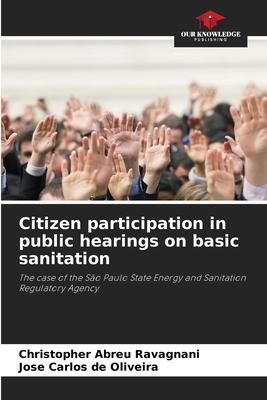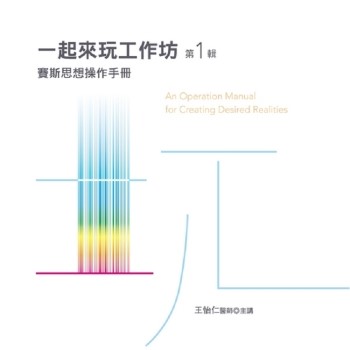This study characterizes and discusses the social control of basic sanitation services, in particular a case study of the public hearings held by ARSESP - the São Paulo State Energy and Sanitation Regulatory Agency, in order to analyze whether the formal procedures established by the regulatory body provide effective democratic participation. Indeed, the work also aims to present the economic and social benefits of public basic sanitation services, demonstrating that the effectiveness of the service has an impact on health, productivity at work, school performance and the economy.
| FindBook |
有 1 項符合
Citizen participation in public hearings on basic sanitation的圖書 |
 |
Citizen participation in public hearings on basic sanitation 作者:Abreu Ravagnani 出版社:Our Knowledge Publishing 出版日期:2024-03-31 語言:英文 規格:平裝 / 56頁 / 22.86 x 15.24 x 0.33 cm / 普通級/ 初版 |
| 圖書館借閱 |
| 國家圖書館 | 全國圖書書目資訊網 | 國立公共資訊圖書館 | 電子書服務平台 | MetaCat 跨館整合查詢 |
| 臺北市立圖書館 | 新北市立圖書館 | 基隆市公共圖書館 | 桃園市立圖書館 | 新竹縣公共圖書館 |
| 苗栗縣立圖書館 | 臺中市立圖書館 | 彰化縣公共圖書館 | 南投縣文化局 | 雲林縣公共圖書館 |
| 嘉義縣圖書館 | 臺南市立圖書館 | 高雄市立圖書館 | 屏東縣公共圖書館 | 宜蘭縣公共圖書館 |
| 花蓮縣文化局 | 臺東縣文化處 |
|
|
圖書介紹 - 資料來源:博客來 評分:
圖書名稱:Citizen participation in public hearings on basic sanitation
|










